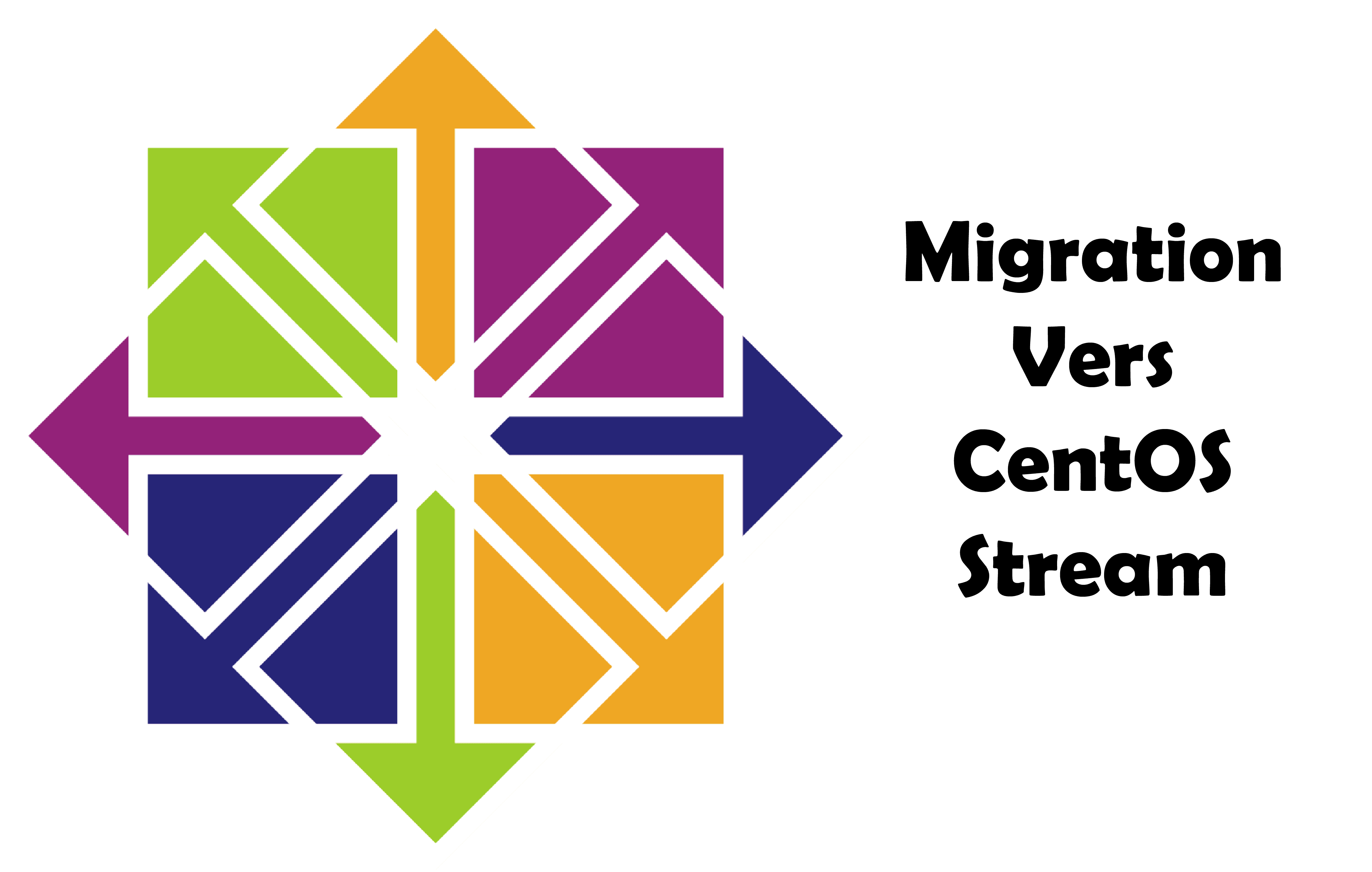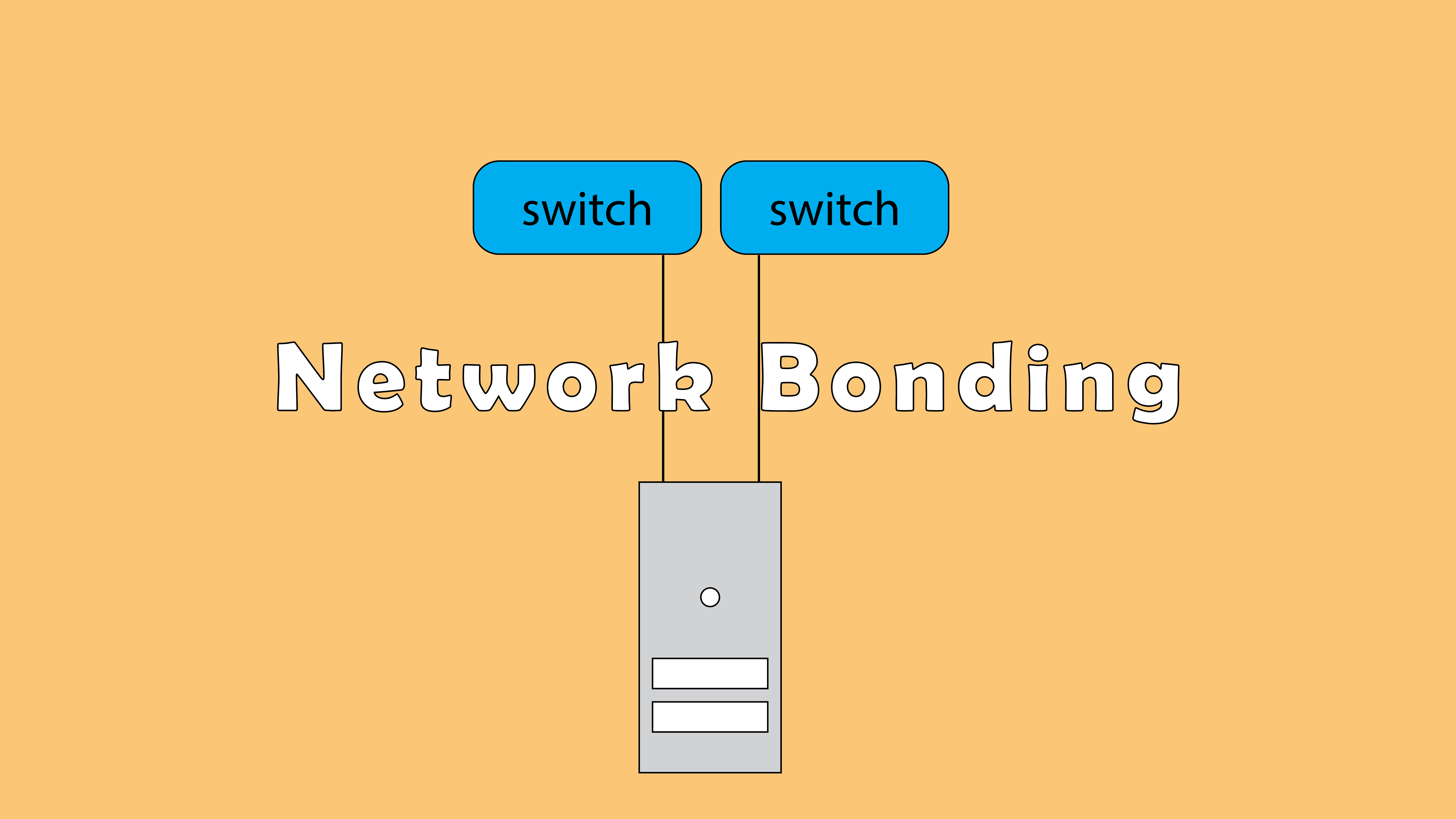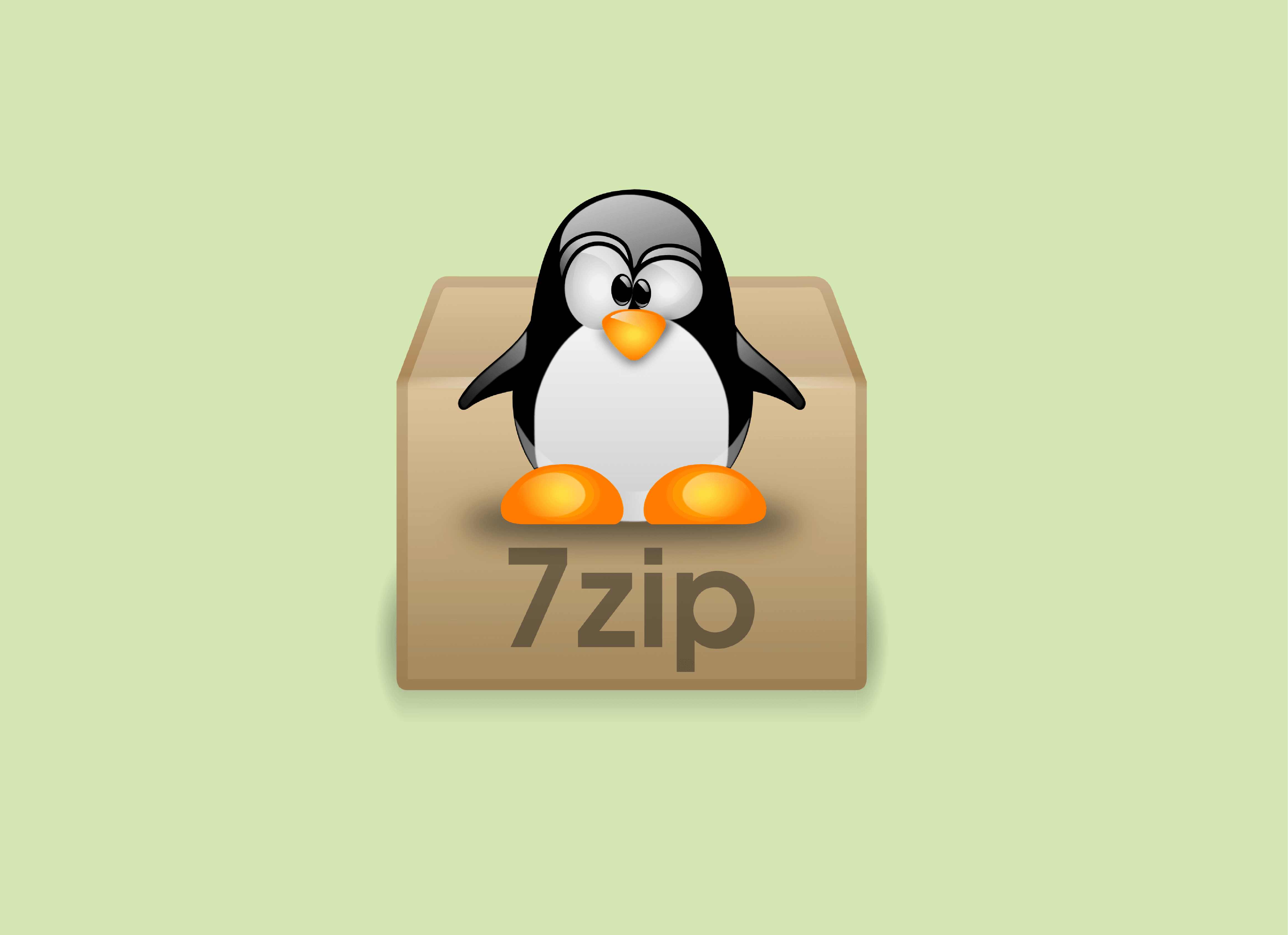Cockpit est une console web avec une interface facile à utiliser qui permet de gérer des taches administrative de votre serveur. Vous pouvez également utiliser cet interface sur votre smartphone.
Cockpit vous permet d’effectuer les taches ci-dessous :
- Gestion des services
- Gestion des utilisateurs
- Configuration des interfaces réseau
- Analyse de logs
- Mise à jour des logiciels
- Configuration de SElinux
- Création de rapports de diagnostic
Dans cet article nous allons voir comment installer cockpit sur CentOS 8
Pour avoir plus d’infos sur ce projet cliquer ici.
Installation sur CentOS 8 :
Installer cockpit ave via la commande dnf :
[root@linux ~]# dnf install cockpit . . Installation : cockpit-system-195.12-1.el7.centos.noarch 10/12 Installation : cockpit-ws-195.12-1.el7.centos.x86_64 11/12 Installation : cockpit-195.12-1.el7.centos.x86_64 12/12 Vérification : trousers-0.3.14-2.el7.x86_64 1/12 Vérification : nettle-2.7.1-9.el7_9.x86_64 2/12 Vérification : gsettings-desktop-schemas-3.28.0-3.el7.x86_64 3/12 Vérification : cockpit-ws-195.12-1.el7.centos.x86_64 4/12 Vérification : cockpit-system-195.12-1.el7.centos.noarch 5/12 Vérification : cockpit-bridge-195.12-1.el7.centos.x86_64 6/12 Vérification : cockpit-195.12-1.el8.centos.x86_64 7/12 Vérification : libmodman-2.0.1-8.el8.x86_64 8/12 Vérification : json-glib-1.4.2-2.el8.x86_64 9/12 Vérification : gnutls-3.3.29-9.el8_3.x86_64 10/12 Vérification : glib-networking-2.56.1-1.el8.x86_64 11/12 Vérification : libproxy-0.4.11-11.el8.x86_64 12/12 Installé : cockpit.x86_64 0:195.12-1.el8.centos Dépendances installées : cockpit-bridge.x86_64 0:195.12-1.el8.centos cockpit-system.noarch 0:195.12-1.el8.centos cockpit-ws.x86_64 0:195.12-1.el8.centos glib-networking.x86_64 0:2.56.1-1.el7 gnutls.x86_64 0:3.3.29-9.el7_6 gsettings-desktop-schemas.x86_64 0:3.28.0-3.el8 json-glib.x86_64 0:1.4.2-2.el8 libmodman.x86_64 0:2.0.1-8.el8 libproxy.x86_64 0:0.4.11-11.el8 nettle.x86_64 0:2.7.1-9.el8_2 trousers.x86_64 0:0.3.14-2.el8 Terminé ! [root@linux ~]#
Démarrez le service et configurer-le pour qu’il soit activé au démarrage :
[root@linux ~]# systemctl start cockpit [root@linux ~]# systemctl enable cockpit
Vérifier si le service est bien démarré :
[root@linux ~]# systemctl status cockpit
● cockpit.service - Cockpit Web Service
Loaded: loaded (/usr/lib/systemd/system/cockpit.service; static; vendor preset: disabled)
Active: active (running) since jeu. 2021-09-16 15:36:49 CEST; 12s ago
Docs: man:cockpit-ws(8)
Main PID: 5070 (cockpit-ws)
CGroup: /system.slice/cockpit.service
└─5070 /usr/libexec/cockpit-ws
sept. 16 15:36:48 linux systemd[1]: Starting Cockpit Web Service…
sept. 16 15:36:48 linux remotectl[5060]: Generating temporary certificate using: sscg --quiet --lifetime 3650 --key-strength 2048 --cert-key-file /etc/cockpi…
sept. 16 15:36:48 linux remotectl[5060]: Error generating temporary dummy cert using sscg, falling back to openssl
sept. 16 15:36:48 linux remotectl[5060]: Generating temporary certificate using: openssl req -x509 -days 36500 -newkey rsa:2048 -keyout /etc/cockpit/ws-certs…
sept. 16 15:36:49 linux systemd[1]: Started Cockpit Web Service.
sept. 16 15:36:49 linux cockpit-ws[5070]: Using certificate: /etc/cockpit/ws-certs.d/0-self-signed.cert
Hint: Some lines were ellipsized, use -l to show in full.[root@linux ~]# ps -ef | grep cockpit cockpit+ 5135 1 0 15:41 ? 00:00:00 /usr/libexec/cockpit-ws root 5140 4432 0 15:42 pts/1 00:00:00 grep --color=auto cockpit
Si firewalld est démarré, vous devez ouvrir le port 9090 :
[root@linux ~]# firewall-cmd --add-service=cockpit --permanent success [root@linux ~]# firewall-cmd --reload success
Connexion à l’interface web cockpit :
Sur votre navigateur préféré taper l’adresse ip du serveur suivi du numéro de port :

Un message est affiché qui vous avertisse que la connexion n’est pas privé, ce qui est normal vu que nous n’avons installé aucun certificat sur le serveur.
Cliquez donc sur « continuer vers le site » :

Connectez-vous avec votre compte :


Si le compte utilisateur dispose des privilèges sudo, cela permet d’effectuer les tâches administratives telles que l’installation de logiciels, la configuration du système via la console web.








nmtui : Configurer une adresse IP sous Linux
Résoudre l’erreur : WARNING: REMOTE HOST IDENTIFICATION HAS CHANGED!
Crontab : Modifier les paramètres de messagerie (MAILTO)
PostgreSQL: Comment s’y connecter en CLI
Fail2Ban : How to protect Linux services